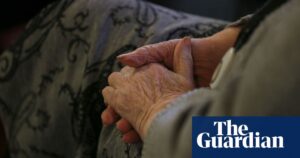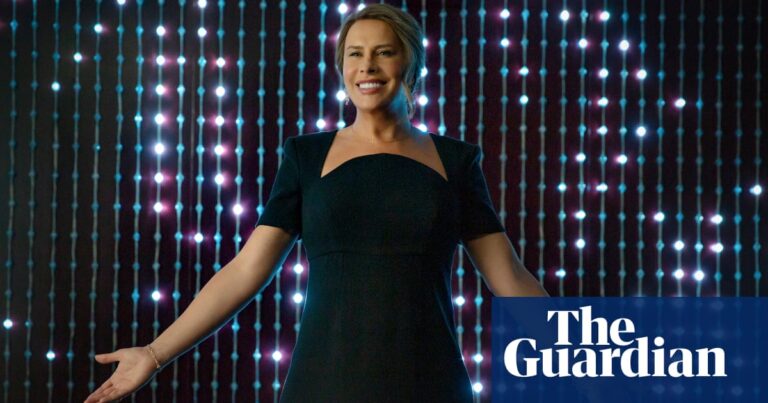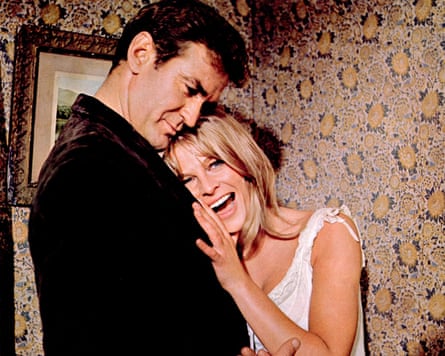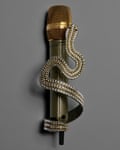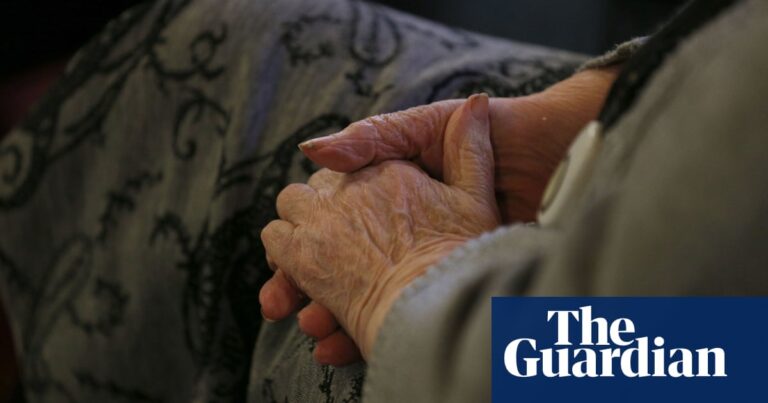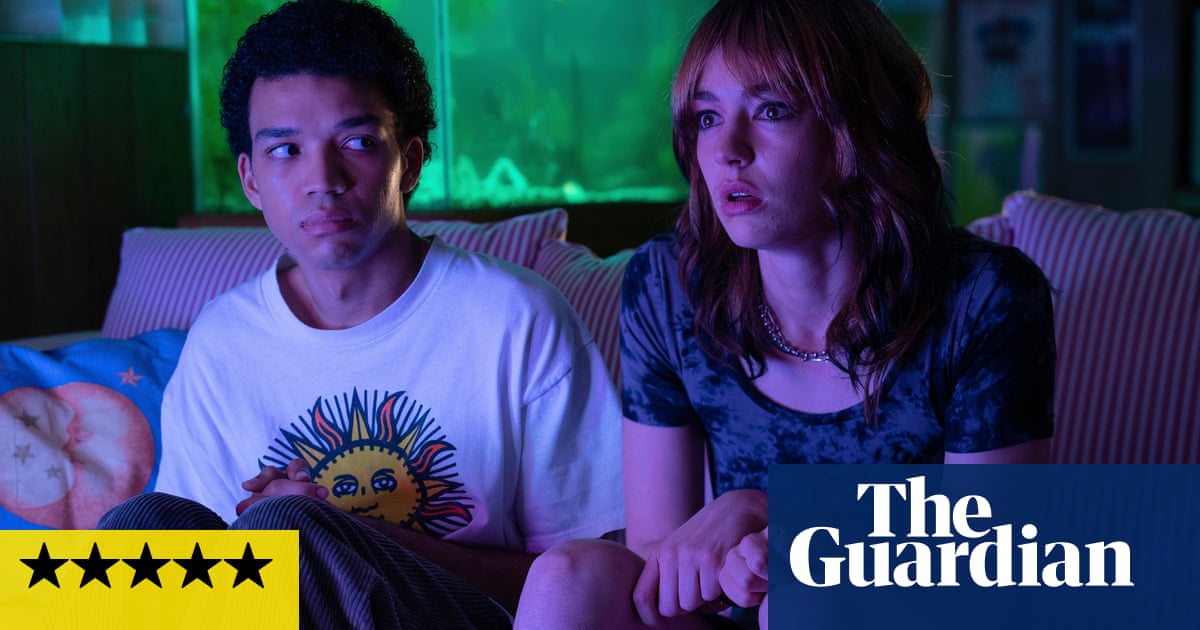
Cinephiles lie awake at night worrying that talented young film-makers are deserting cinema for TV. Jane Schoenbrun, one of the most gifted around, has just made a superb feature film about a fictional TV show, imagined here with such loving and unnerving intensity that it surely can’t be long before they are called upon to conjure up a dozen or so episodes for real. With a compelling cod-90s score by Schoenbrun’s musical collaborator Alexander Giannascoli, or Alex G, I Saw the TV Glow lives on in my head. It deserves cult classic status without the “cult”; it is deeply scary, deeply strange and deeply sad, a deadly serious new version of Gore Vidal’s Myra Breckinridge for the 2020s.
Schoenbrun made a brilliant impression with a startling debut in 2021 that exploited the lockdown-Zoom aesthetic with an ingenuity that, for me, is still unmatched by any other film, the no-budget chiller We’re All Going to the World’s Fair, about a young woman drawn into the world of online gaming and collaboratively authored creepypasta-type online horror. There were no in-person dialogue scenes: everyone was alone in an atomised universe. Now we are in the pre-internet world of the 1990s, in a high school where parents are voting for a second Clinton term. Owen, played by Ian Foreman as a kid and as an adult by Justice Smith (from Benjamin Caron’s thriller Sharper), is a deeply unhappy person, unsure about his relationship with his mother, about his sexuality, about everything. He meets the older, supercool, emo-ish Maddy (Brigette Lundy-Paine, channelling a very young Winona Ryder), equally unhappy and abused by her stepdad. She is queer (as hardly anyone used to say in 1996) and, asked about his own preferences, Owen says shyly that he “likes TV shows”.
So Maddy introduces him to one called The Pink Opaque and lends him her recorded VHS copies of all the episodes. It’s a story of two girls, Isabel and Tara (pronounced “terror”), who have an intense relationship that clearly goes beyond anything as banal as romance, battling each week against supernatural foes under the direction of villainous Mr Melancholy, who lives in the sky like Georges Méliès’s man in the moon.
Owen and Maddy become passionately addicted both to the show and, asexually, to each other. They don’t obsess about the actors or directors and their careers (this is when the internet was in its infancy, when discovering these things was pretty difficult). They obsess about the show itself. It speaks to them; The Pink Opaque is their world, incomparably more real and more important than anything in their boring town and boring lives. They yearn for self-reinvention, for escape and the show is the key. But Maddy mysteriously disappears, declared dead, and reappears after a decade, during which Owen has got much older and more depressed, brooding on something about adulthood that no one had told him: years go by quicker than skipped DVD chapters. Where has Maddy been?
Audiences familiar with 90s TV may recognise the dynamic between Owen and Maddy as something like Rickie Vasquez and Rayanne Graff in the small-screen classic My So-Called Life, while the mixture of genuine fear and rapture – and genuine longing for a compromised teen past – has something of those 90s masters Bret Easton Ellis and Douglas Coupland. It’s a nostalgia: not for the past, but an alternative imagined present. And as for that other towering 90s classic, perhaps Maddy has seen through the Wachowskian Matrix and maybe she hasn’t.
The force of this film, which Schoenbrun delivers so matter-of-factly, is that it almost doesn’t matter. Maddy is ecstatic about something about which Owen can only feel fear, and his own life is to play out in dreary sadness; living in his late parents’ house, getting terrible jobs, ditching the old boxy TV for a new plasma model, and talking about loving his new “family”, by which he means the people he sees on the flatscreen. I Saw the TV Glow is claustrophobic, unwholesome and brilliant.
after newsletter promotion
Source: theguardian.com





